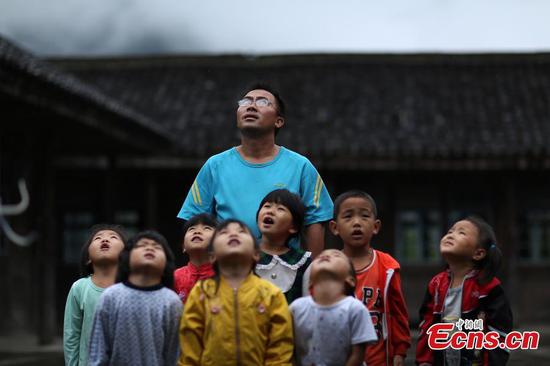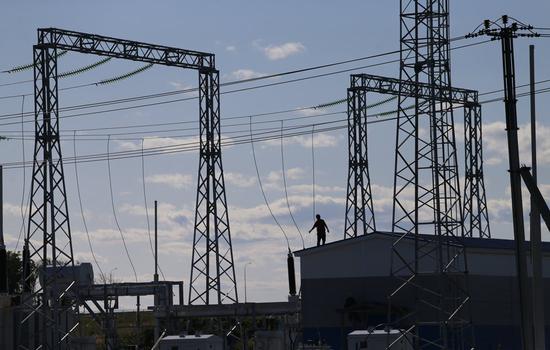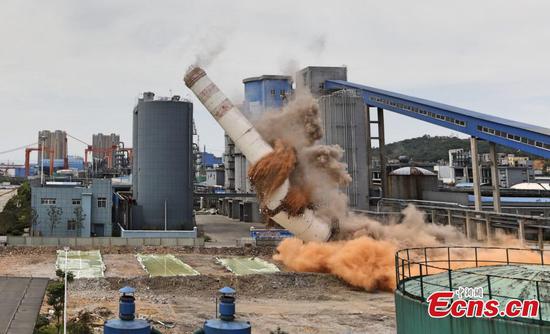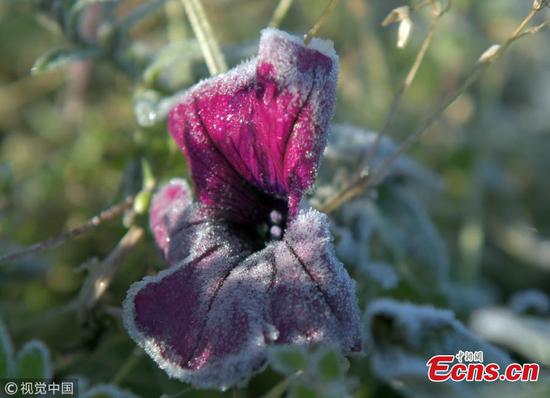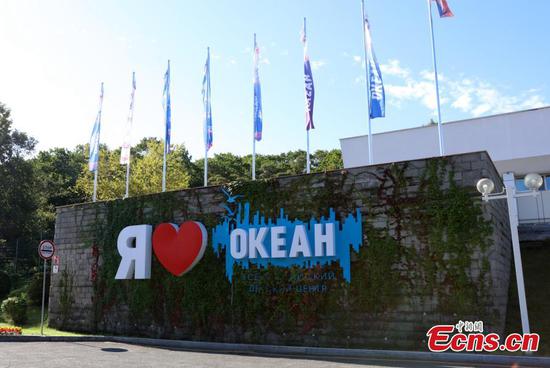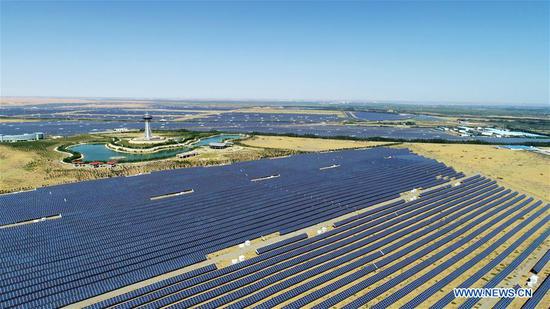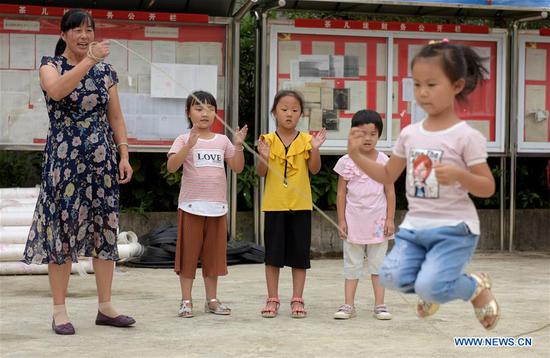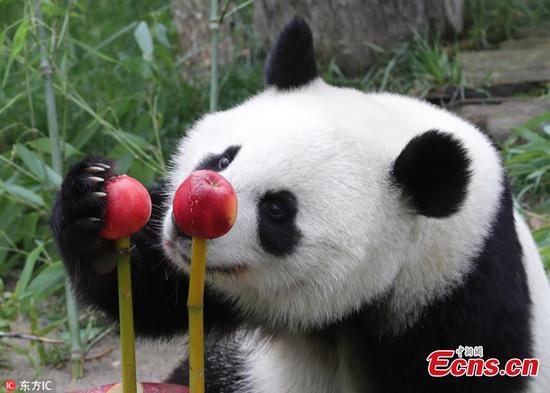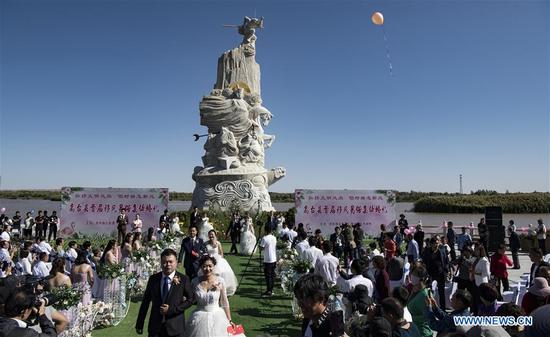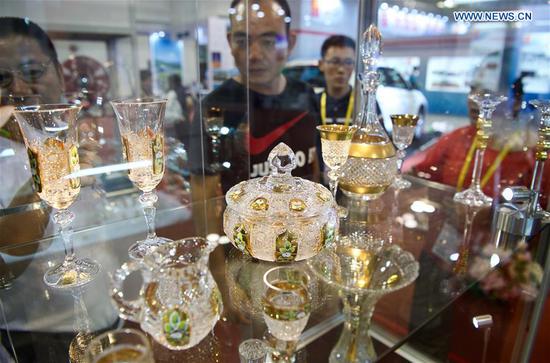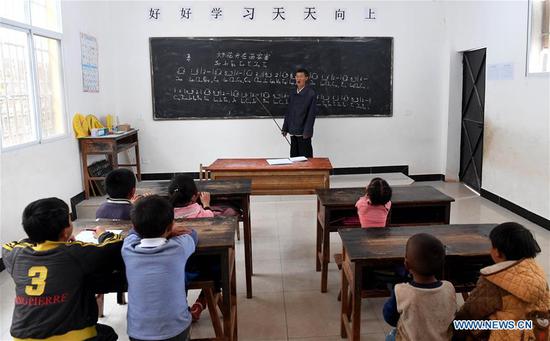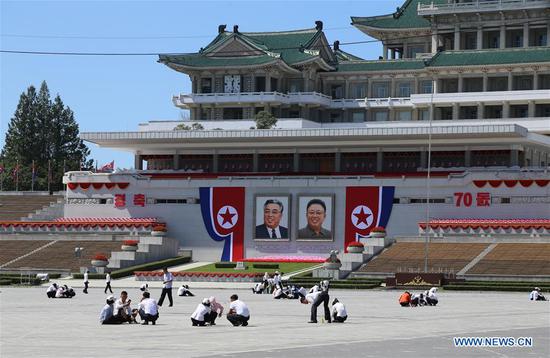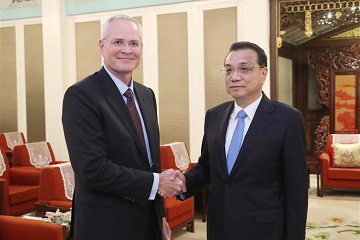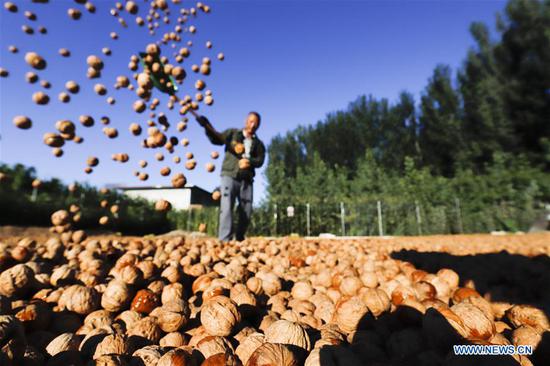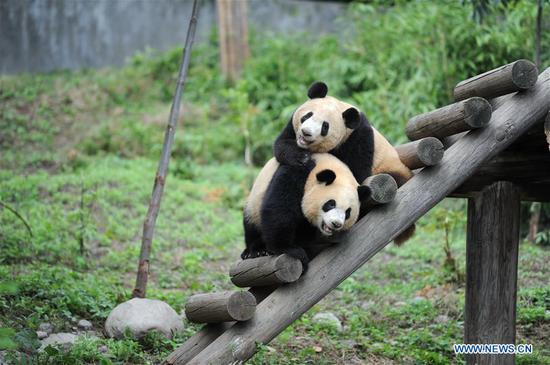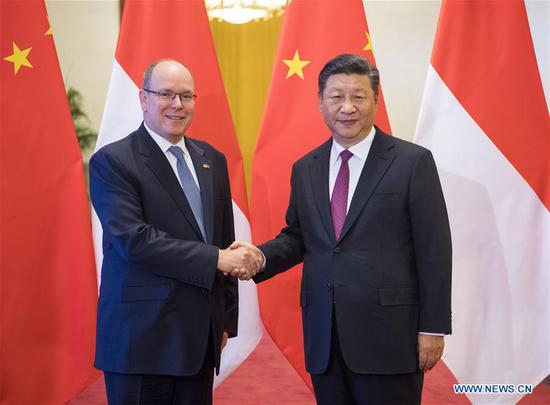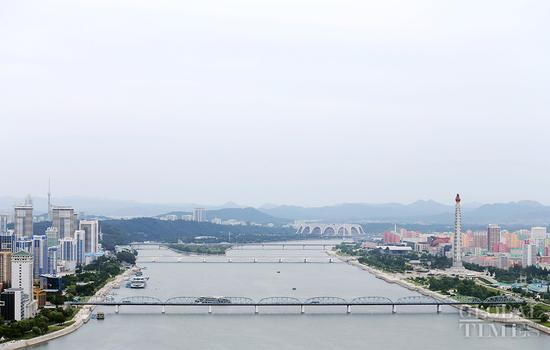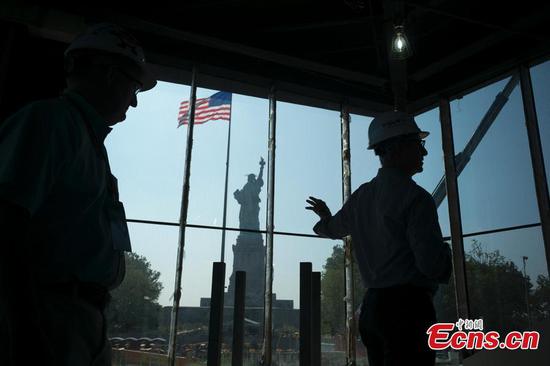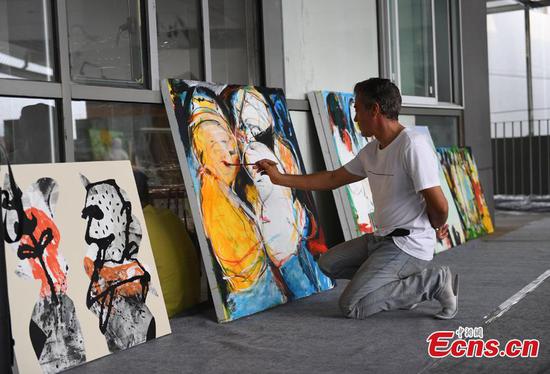China's consumer inflation picked up more than expected in August, mainly driven by food price increases because of seasonal factors.
Amid worries about inflation pressure caused by African swine fever and tariff tensions with the United States, there are no major concerns for significant inflation pressure in the coming months, pointing to mild inflation toward the end of this year, according to analysts and officials.
The consumer price index, a main gauge of inflation, rose 2.3 percent year-on-year in August, up from 2.1 percent in the previous month, the largest increase since February, according to the National Bureau of Statistics on Monday.
China is aiming to keep annual CPI growth at around 3 percent this year.
NBS statistician Sheng Guoqing attributed the higher than expected CPI growth to higher food prices in August that have been pushed up by adverse weather and the relatively limited supply of pork.
Food prices went up by 2.4 percent year-on-year in August, according to Sheng. Those prices jumped in August as hot, wet weather and an outbreak of swine fever in some regions decreased supplies in vegetables and pork, while seasonal factors also led to some price increases, Haitong Securities analysts Jiang Chao and Li Jinliu wrote in a note.
"We expect CPI in September to increase slightly to 2.5 percent year-on-year, led by a continued rise in pork prices and moderate growth of prices of vegetables and fruits," they said.
The producer price index grew by 4.1 percent year-on-year in August, which is 0.5 percentage points slower than in the previous month, according to the National Bureau of Statistics.
The latest data come as worries of possible stagflation have emerged amid rising expectations for continued inflation and downward economic pressure.
Stagflation is characterized by slower economic growth and increased inflation.
Nevertheless, no signs have appeared to indicate a continued rise of inflation pressure, nor is the economy facing a hard landing later this year, according to a the National Development and Reform Commission official who declined to be identified.
Despite some downward pressure ahead, the government is not likely to proceed with a major policy easing to fend off financial risks, which means the monetary environment does not point to a sharp increase in inflation, according to the official.
As for additional tariff threats by the United States, the overall pressure remains by far under control, reflected by a monthly decline in edible oil prices in August despite a drop in soybean imports, according to Wang Qing, chief economist with Golden Credit Rating.
The two countries have already slapped tit-for-tat tariffs on $50 billion worth of goods, and the US is eying additional tariffs on $200 billion in Chinese imports.









